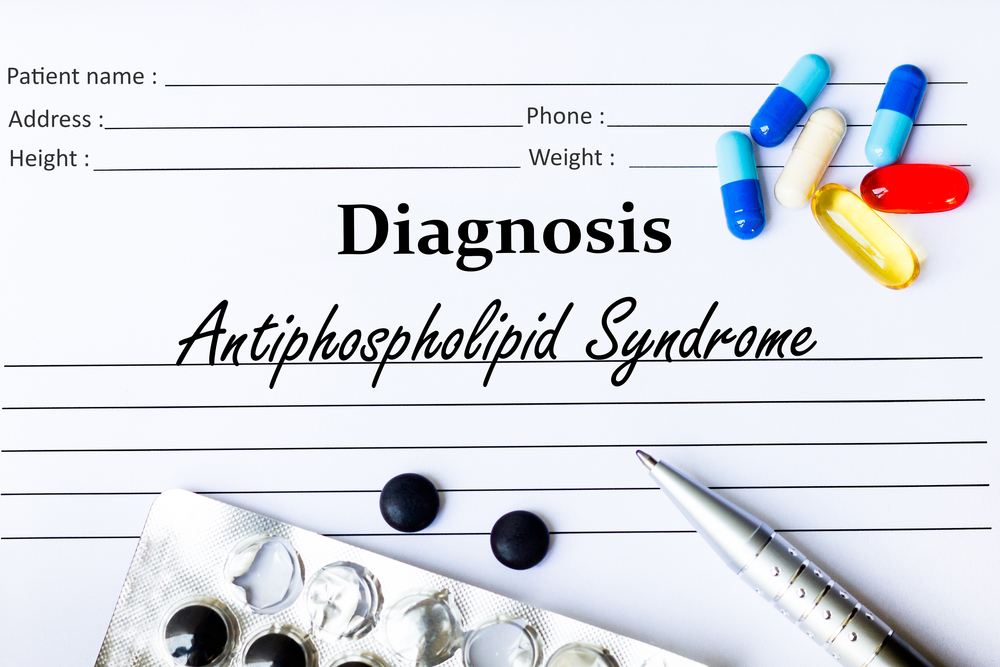Antiphospholipid syndrome, also known as the Hughes Syndrome, takes place when a person’s immune system accidentally generates antibodies that increase the clotting of the blood due to its improper flow.
Antiphospholipid antibodies occur in 15-20% of cases of blood clots and in 33% of strokes that happen to people under 50 years of age. These antibodies are one of the primary causes of repetitive miscarriages and complications in pregnancy.
APS can also cause various health problems like stroke, heart attack, kidney failure, deep vein thrombosis, and pulmonary embolism. This disease may also be fatal due to large blood clots or blood clots in the heart, lungs, or brain.


